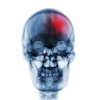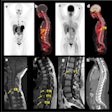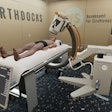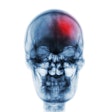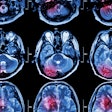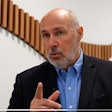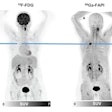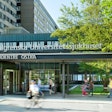Breast cancer screening does not yet show an effect on mortality statistics, even after 40 years, according to a new study published in the Journal of the Royal Society of Medicine.
The findings contrast with those of an independent review commissioned by the Department of Health and published in 2012 that concluded there was a 20% relative reduction in mortality from breast cancer in women invited to screening, the JRSM said.
Researchers from the Department of Public Health at the University of Oxford sought evidence of a decline in population-based breast cancer mortality that could be attributed to the implementation of mammographic screening programs, analyzing mortality trends before and after the introduction of the National Health Service Breast Screening Programme (NHSBSP) in 1988 (JRSM, June 2013, Vol. 106:6, pp. 234-242).
Lead author Toqir Mukhtar and colleagues assessed NHSBSP data from women who died from breast cancer in the Oxford region between 1979 and 2009 and England between 1971 and 2009.
The group found that, in the Oxford region, trends for breast cancer mortality based on underlying cause were similar: For all ages combined, mortality rates peaked for underlying cause in 1985 and then started to decline before the NHSBSP was introduced in 1988. Between 1979 and 2009, for mortality measured as underlying cause, rates declined by -2.1% per year for women ages 40 to 49 years who were not screened, and by the same percentage per year for women 50 to 64 years old who were, Mukhtar's team wrote.
In England, the first changes in trend occurred between 1982 and 1989, prior to the introduction of screening or before screening was likely to have had an effect, according to the researchers. After 1989, the downward trend in mortality rate was greatest in women younger than 40: -2.0% per year between 1988 and 2001 and -5.0% per year between 2001 and 2009.
There was no evidence that declines in mortality rates were consistently greater in women in age groups and cohorts that had been screened at all, or screened several times, than in other unscreened women in the same time periods, according to Mukhtar's group.
"Measuring the effectiveness of mammography screening is a fundamental area of concern in countries which have established mammography screening programs," Mukhtar said in a statement released by the Royal Society of Medicine. "Clinical trials have indicated that several years have to elapse between the start of screening and the emergence of a reduction in mortality. Yet our data shows that there is no evidence of an effect of mammographic screening on breast cancer mortality at the population level over an observation period of almost 40 years."



